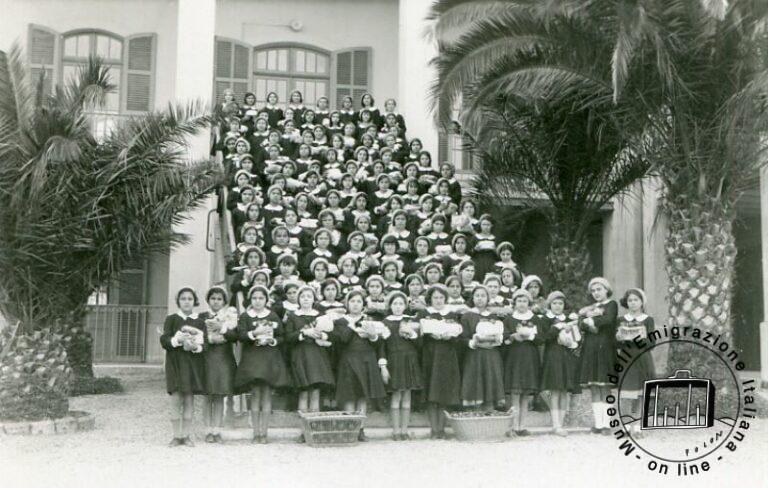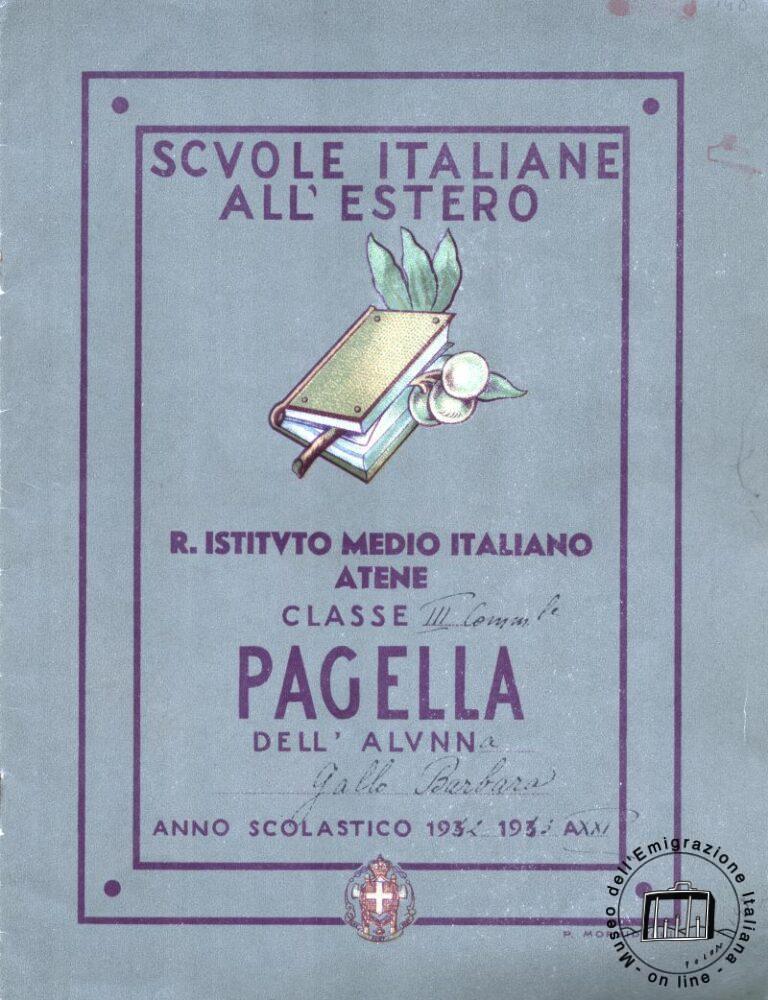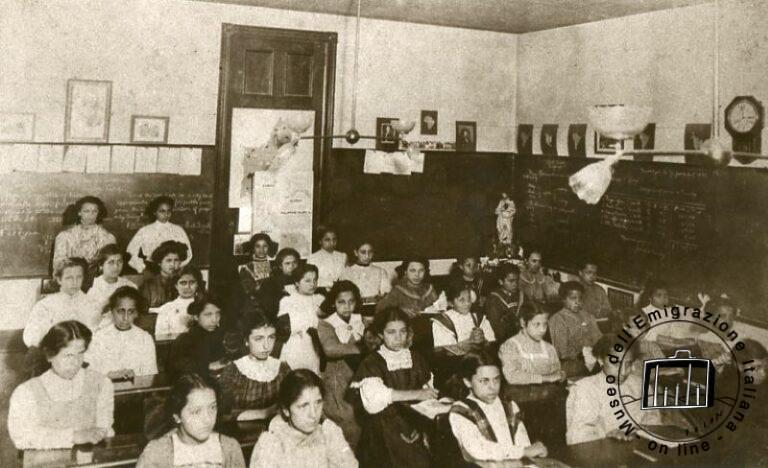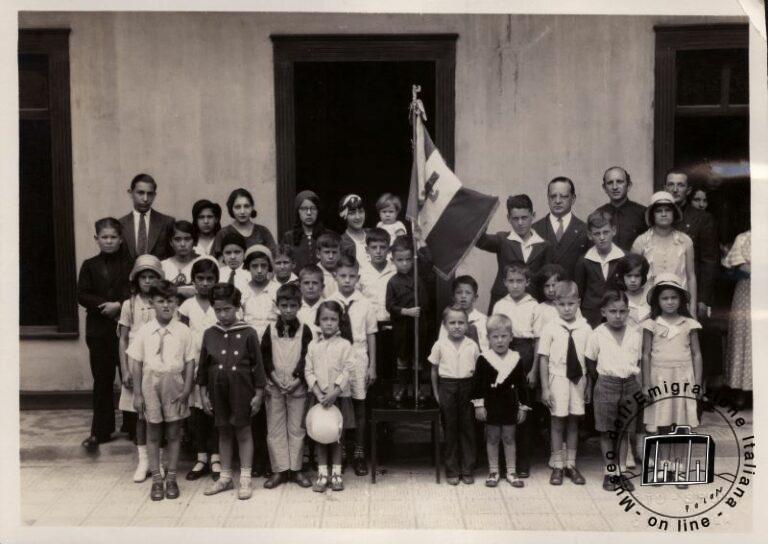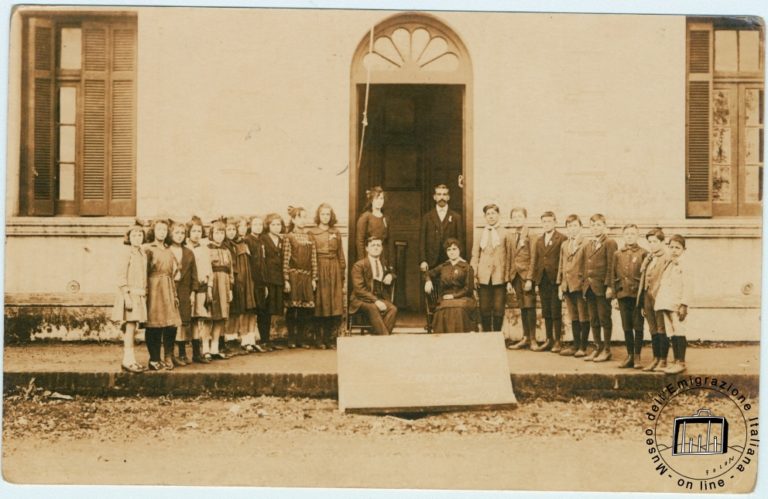All governments in immigration countries have, in different ways and with different methods, carried out integration work toward foreigners. The man who emigrated alone thought of earning for the livelihood of his own at home and to hasten the time of return and, with this in mind, tenaciously refused all contact with the unfamiliar language, with different customs, even with the pleasant ones related to leisure. On the other hand, the presence of the family unit accelerated entrenchment, and women exerted an influence even on men without wives and children who frequented their home or were guests there as boarders.
The most effective integration policy put in place by host countries was achieved through schooling (from the compulsory schooling cycle for children to general language and culture courses for adults) and through welfare-type interventions aimed at quickly acquiring local customs and habits.
In turn, Italian governments were also realizing the importance of keeping old and new generations of emigrants tied to their homeland. It was Crispi who was the first to pass, in 1889, an organic law on Italian schools abroad, but insufficient funds were allocated to increase their numbers considerably, at least in the countries to which emigrants were heading massively.
Also in 1889 the "Dante Alighieri Society" was born, which had among its tasks the spread of Italian language and culture abroad. Weak points of the schools were, in short, the contrasts between secular and denominational schools - not healed even by the 1929 concordat between the Italian state and the Vatican - and their funding, which remained chronically inadequate.



